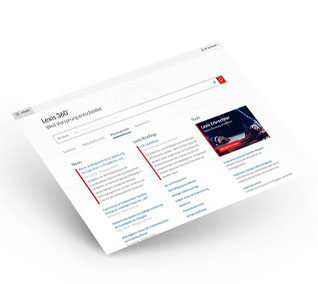This edited volume is about the relationship between constitutionalism and populism, the most contested concept of modern times in a country, which is called a “promised land" or “laboratory" of populism.1 The topicality of the book is demonstrated by the fact, that after the 2018 parliamentary elections, Italy was the first European country with two self-styled populist parties forming a coalition government: the junior partner, the League (Lega), being a far-right party, while the leading force, the Five Star Movement (Movimento Cinque Stelle, M5S) an anti-establishment anti-party,2 which is hard to characterise as either left- or right-wing. The other timely issue of the populist government has been raised after in August 2019 the Democratic Party (Partido Democratico, PD) replaced the League in the coalition and COVID-19 challenged the government still led by the former Florentine law professor Giuseppe Conte. While the original “contract" between the leaders of the Five Star Movement and the League foresaw a very marginal role for the Prime Minister, the coronavirus demanded a more activist constitutional role of the executive, which lies at the heart of the populist constitutional project.3 After the closing of the manuscript of the book an interesting controversy ensued within the government between the position which wanted to keep the harsh measures of the lockdown in place until cases were relatively low and was cautious about reopening, on the one hand, and the position of Matteo Renzi (PM between 2014 and 2018), who criticised Conte to blatantly limit some personal freedoms enshrined in the Italian Constitution, on the other hand.4 Despite Renzi’s critique, who has also been labelled by some authors as populist,5 the Conte government

